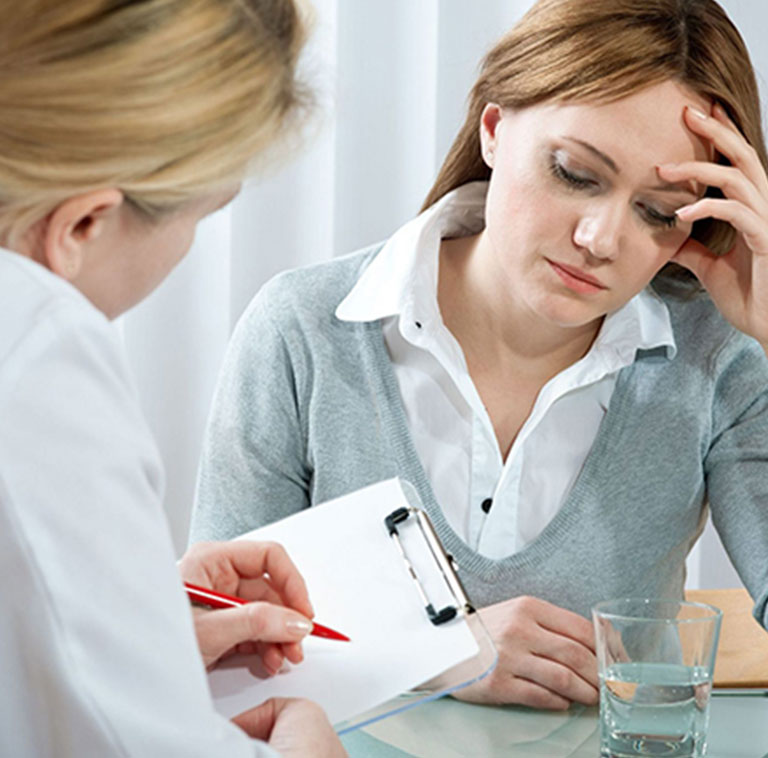MEDICATION VS. THERAPY
Effectiveness Comparison
For depression, therapy and medication have about the same effectiveness, with some research suggesting that therapy is more effective. There are a number of factors that should be considered when comparing medication and therapy.

Medication Benefits
The benefits for medication are that they are readily available, do not require any time investment, and do not require any self-exploration or life changes. The main drawbacks of medication are side effects, cost, and the fact that they sometimes don’t work.
Mental health medications often have some side effects. These side effects vary and they sometimes subside after a period of time, but in some cases they persist. Medications can also sometimes cost more than therapy, especially considering that people often stay on medications for longer periods of time. If cost is a consideration, you may want to ask your doctor if they would consider prescribing a more affordable medication.

Therapy Benefits
The main benefit of therapy is that it resolves underlying problems. Medication can relieve symptoms, but the problem that caused the issue may persist which can end up causing more difficulties down the road. With this in mind, it is not surprising that research suggests that therapy is more effective in the long-term than medication.
The second benefit of therapy is that it often costs less than medication for two reasons. The first is that therapy with a psychologist is sometimes covered by insurance reducing the cost. The second reason is that therapy often costs less in the long-term because treatment takes less time.
The third benefit of therapy is that it is still effective when medication fails. Therapy has been found to be just as effective for people who have tried medication without success.
Conclusion
Overall, both medication and therapy are legitimate options for managing emotional difficulties, and sometimes it is best to use both together.
